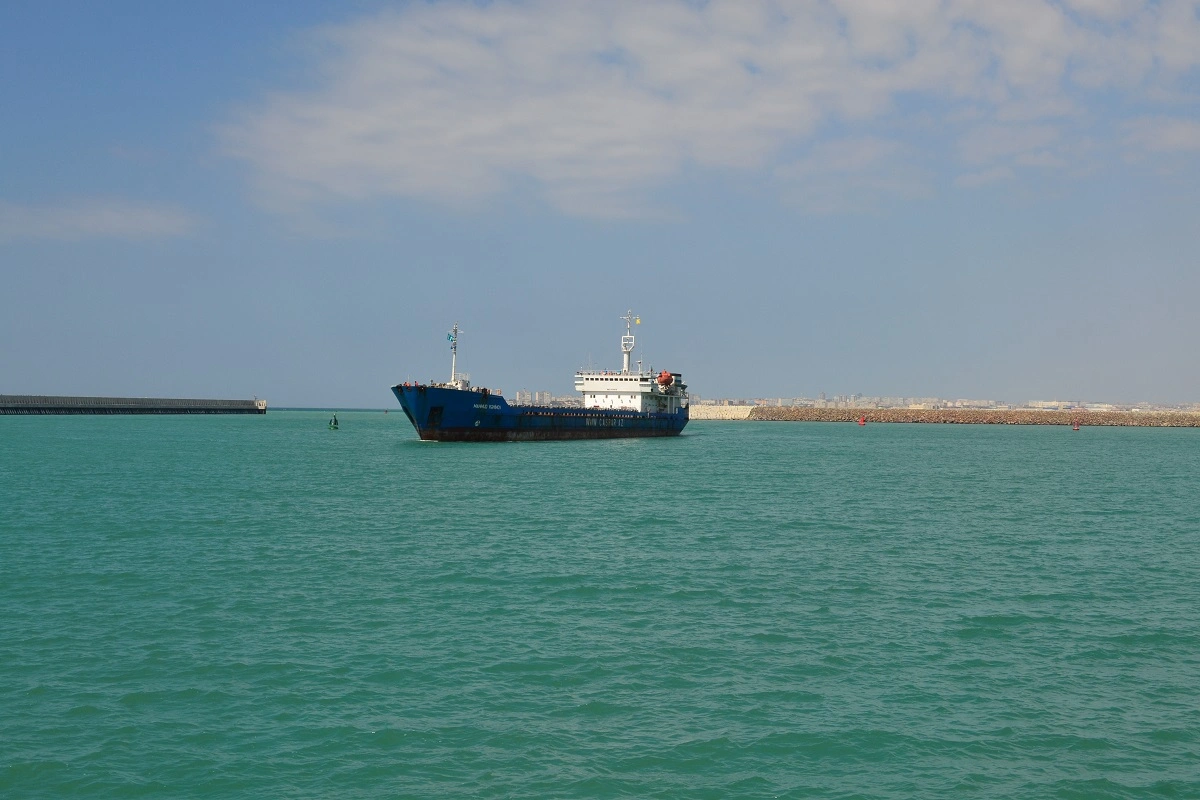Plan of Trans-Caspian transport route development approved
- 18 March, 2021
- 14:52

In 2020, the transit through Kazakhstan along the Trans-Caspian International Transport Route (ITR) amounted to 8,100 in twenty-foot equivalent (TEU) - an increase of 9% from the same period last year.
Report informs, citing Kazakhstan Temir Zholy (KTZ), that the first field meeting of the working group International Association 'Trans-Caspian International Transport Route' this year has ended in Istanbul (Turkey).
During the meeting, the working group participants heard a report on the results of the Association's activities in 2020 and development plans for 2021. In general, the stable development of the route and the growth of transit container traffic were noted in the final reports despite the difficult working conditions due to the COVID-19 pandemic.
"The growth tendency in transit on the route continues in 2021, and over the past two months, the volume amounted to 2,600 TEU, which is 2.4 times more than last year," M. Akhmedzhanova, Deputy General Director of KTZ Express JSC for sales, said.
According to the event results, the working group approved development plans and volumes of cargo transportation by the ITR and agreed upon tariffs for cargo transportation for 2021. Moreover, to fully realize the potential of the ITR route and improve the participants' production and economic indicators, the working group decided to work on a strategy for the development of the route until 2025.
The Trans-Caspian International Transport Route was created in February 2014 with the participation of the relevant structures of Azerbaijan, Kazakhstan, and Georgia. Ukraine, Romania, and Poland joined the project later. The route runs from the Chinese-Kazakh border through Kazakhstan, the Caspian Sea, Azerbaijan, and Georgia to Europe. A single tariff has been established along the entire route, the principle of a 'single window' is being implemented, and container trains are successfully running.
